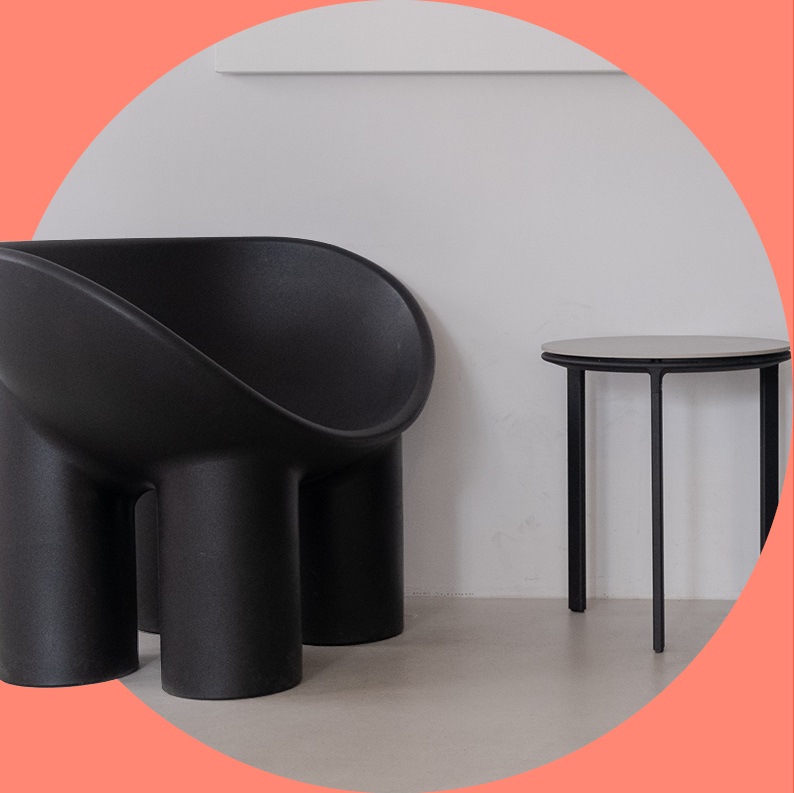
Tyre Pollution Upcycled into Design Objects
Published 02 October 2023
Creative upcycling projects are harnessing sleek design and characterful second-life narratives to shift the perceived value of waste and transform it into a savvy sales opportunity. We look at how British start-up The Tyre Collective is using designer collaborations to give even the most unappealing pollution – tyre wear – a precious character.
Tyre Pollution Upcycled into Design Objects


Topics

Want to see the full report?
Offering access to over 350 consumer and cross-industry reports annually, Stylus Membership is your window to tomorrow’s most exciting opportunities.
We already arm more than 500 of the world’s most forward-thinking brands and agencies with the creative insights they need to make transformative business decisions.
We’d love to do the same for you.
Book a demo with us today to discover more.
More Reports From Stylus
More Reports From Stylus
Design for Aspirational Ageing
By 2030, one in six people will be aged 60 or over, and by 2050, the number of those who are 80 or over will have tripled from 2020 levels (WHO, 2025). While ageing looks different for everyone, the desire for...











